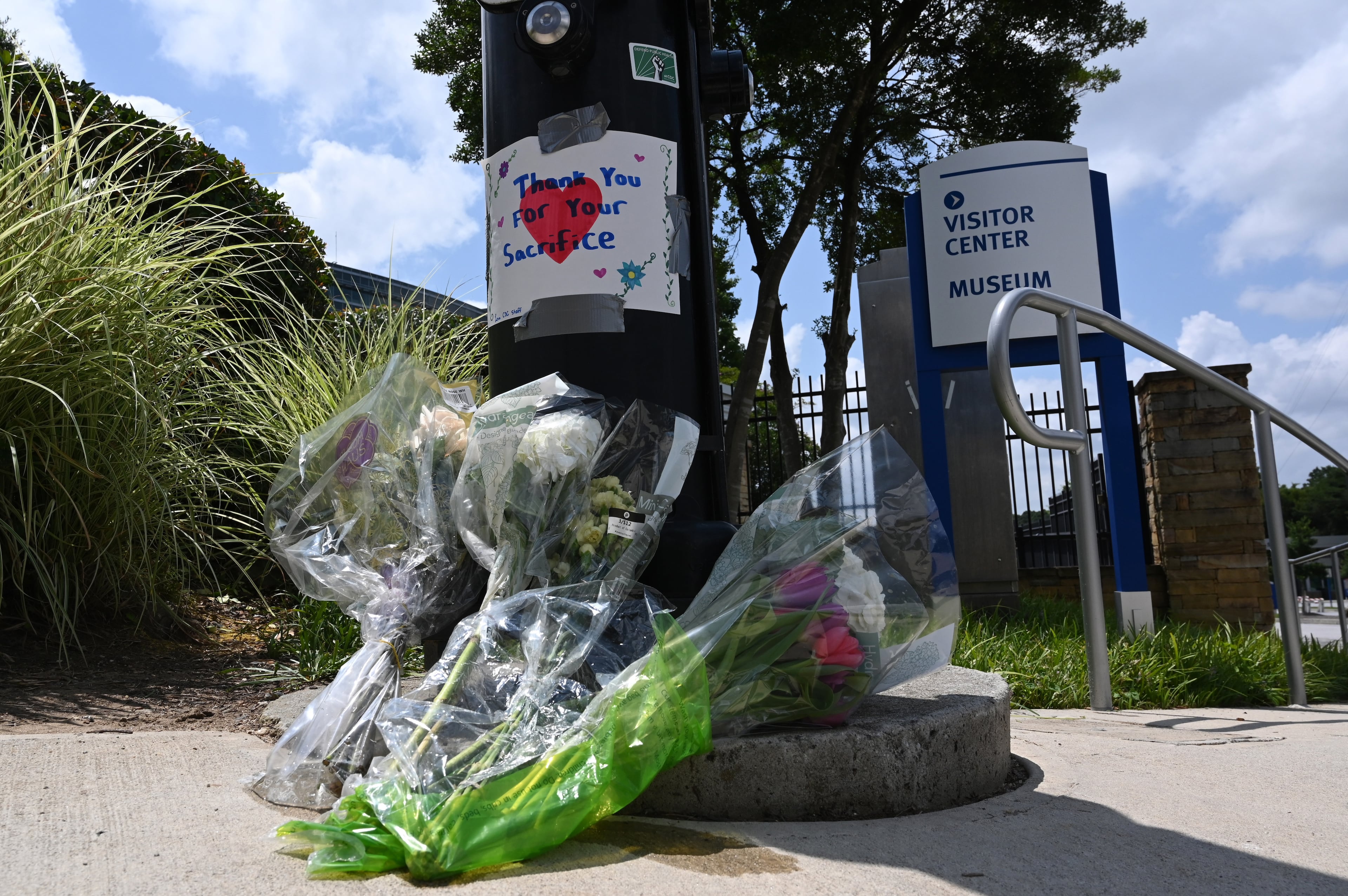Study shows new method predicts heart attack, stroke risk better than BMI
A recent study shows automated artificial intelligence abdominal fat measurements lead to a more accurate body composition measurement. It also better predicts major cardiovascular events, such as heart attack and stroke, compared to overall weight or body mass index (BMI).
The findings were revealed Wednesday at the annual meeting of the Radiological Society of North America (RSNA), according to a press release.
“Established cardiovascular risk models rely on factors like weight and BMI that are crude surrogates of body composition,” said Dr. Kirti Magudia, Ph.D., an abdominal imaging and ultrasound fellow at the University of California San Francisco. “It’s well established that people with the same BMI can have markedly different proportions of muscle and fat. These differences are important for a variety of health outcomes.”
Magudia was part of a multidisciplinary research team that developed a fully automated approach to measure different aspects of visceral fat — or fat stored in the abdominal area — as well as the skeletal muscle area using deep learning. That is a form of AI, which the team could then employ to discover body composition metrics from abdominal CT images.
“Abdominal CT scans that are routinely performed provide a more granular way of looking at body composition, but we’re not currently taking advantage of it,” Magudia said.
Study participants stemmed from the 33,182 abdominal CT outpatient exams performed on 23,136 patients at Boston’s Partners Healthcare in 2012. More than 12,000 patients with no major cardiovascular and cancer diagnoses at the time of imaging were identified for the study. The majority of the patients — 57% —were women and had an average age of 52.
For each patient, researchers chose the third lumbar spine vertebra CT slice and tabulated body composition areas. Then, they split patients into four quartiles based on the normalized values of subcutaneous fat area, or jiggly fat just under the skin, visceral fat area and skeletal muscle area.
The researchers found 1,560 heart attacks and 938 strokes occurred in the study group within 5 years after their index abdominal CT scan.
An evaluation showed that visceral fat areas were separately linked to future heart attack and stroke while BMI was linked to either major cardiovascular event.
“The group of patients with the highest proportion of visceral fat area were more likely to have a heart attack, even when adjusted for known cardiovascular risk factors,” Magudia said. “The group of patients with the lowest amount of visceral fat area were protected against stroke in the years following the abdominal CT exam.
“These results demonstrate that precise measures of body muscle and fat compartments achieved through CT outperform traditional biomarkers for predicting risk for cardiovascular outcomes,” she continued.



